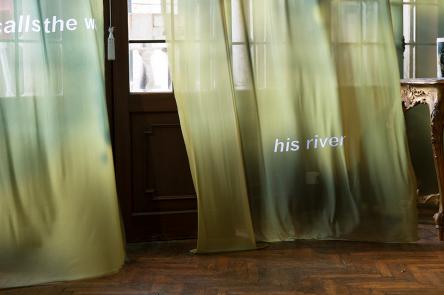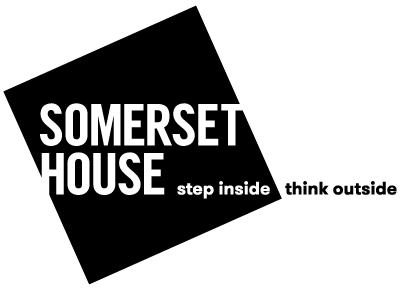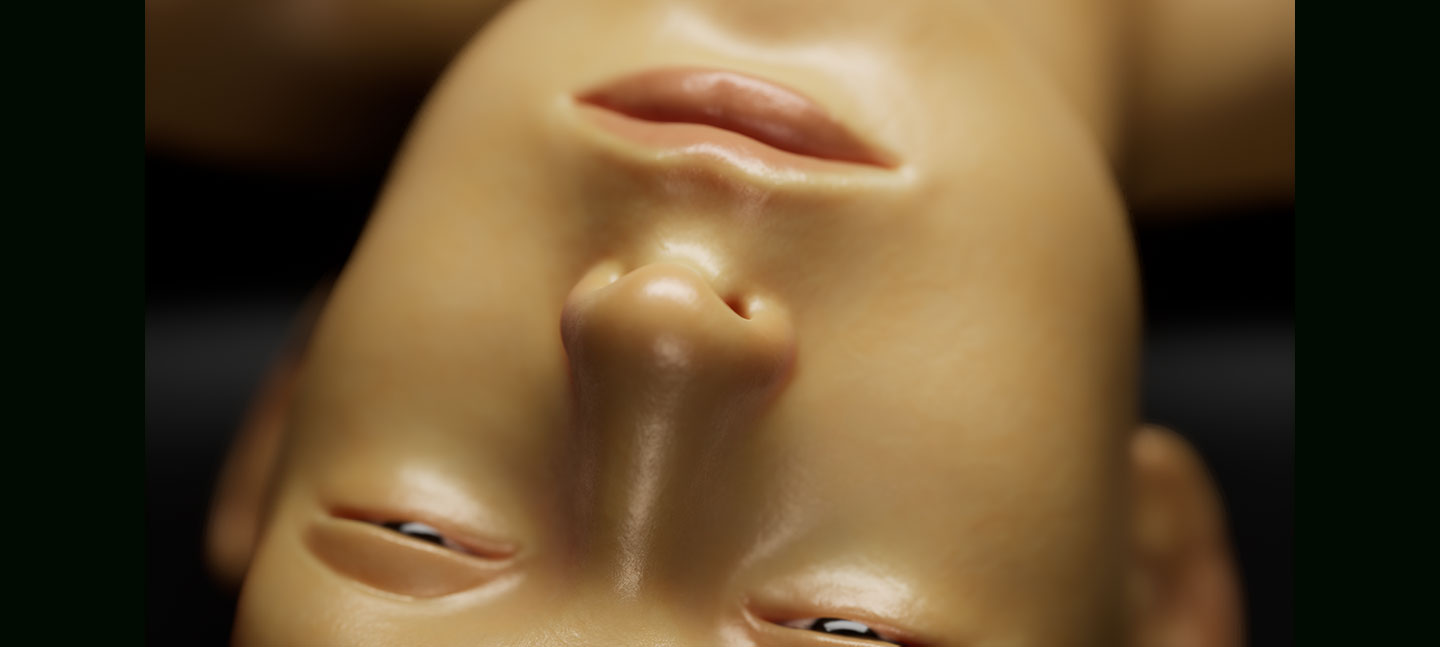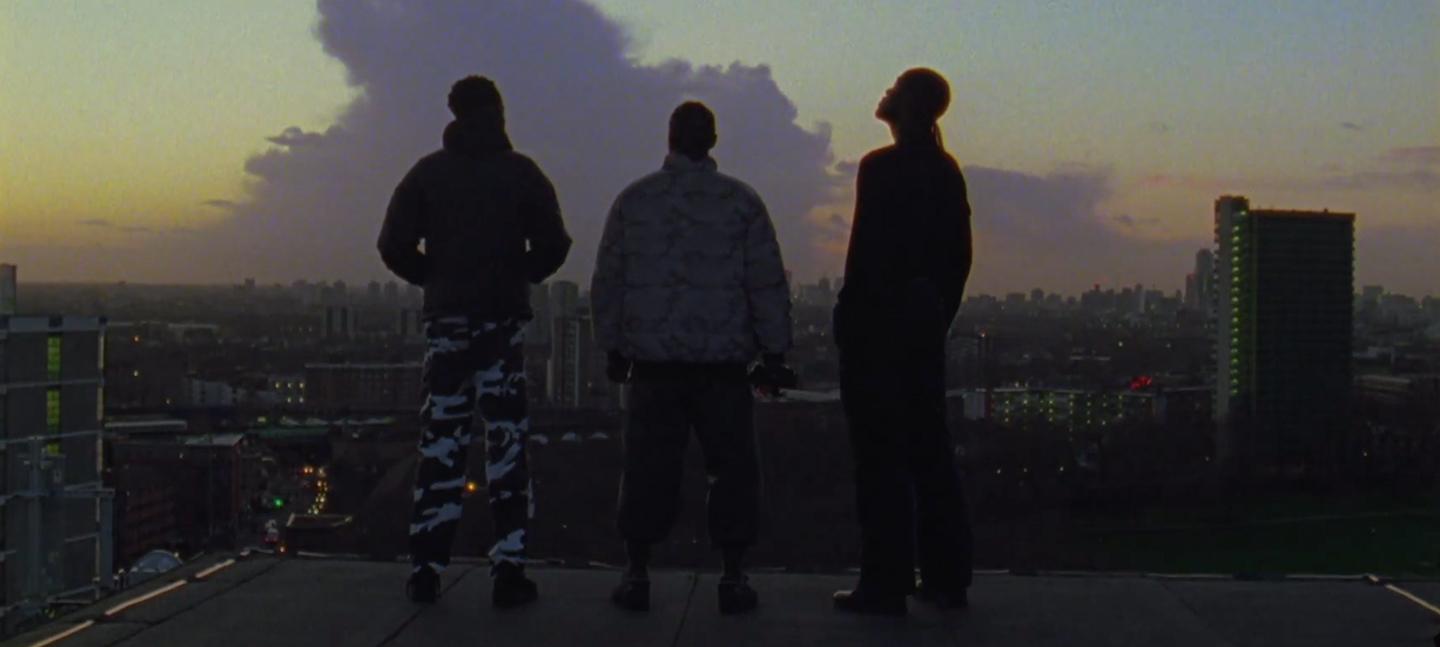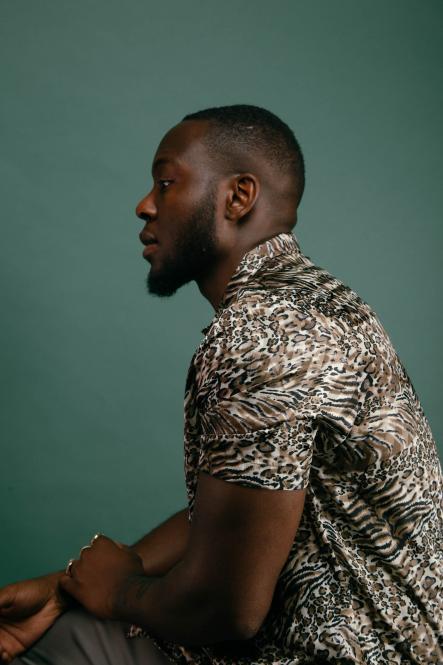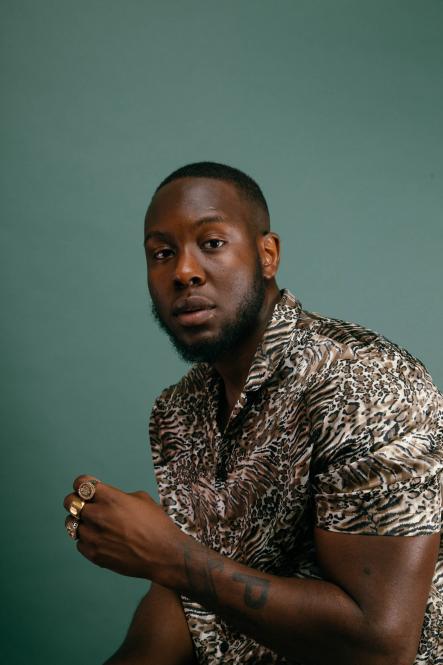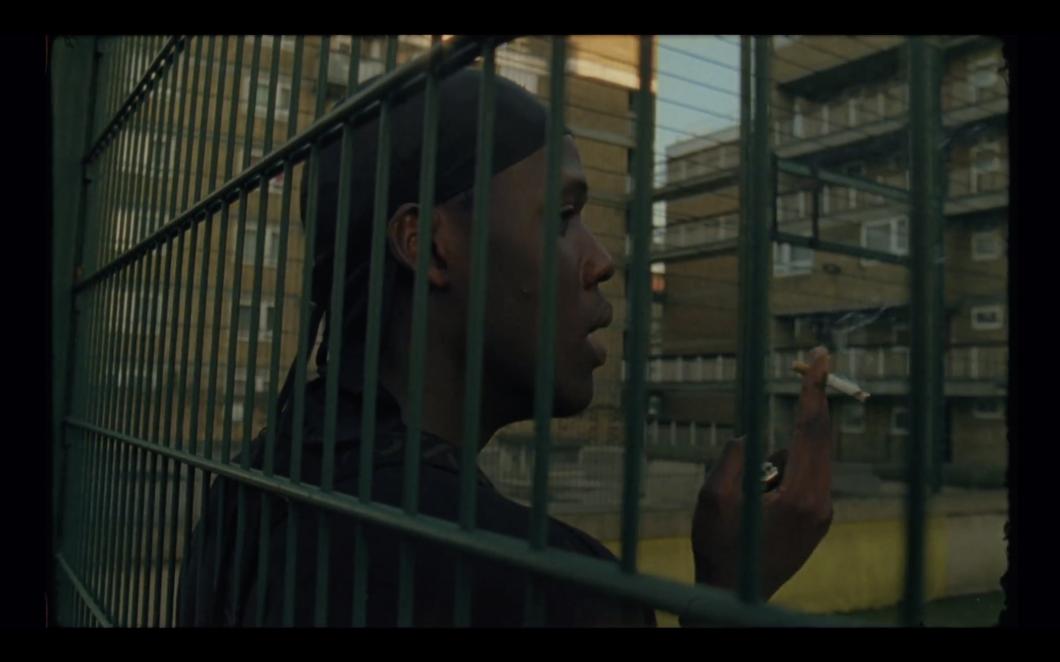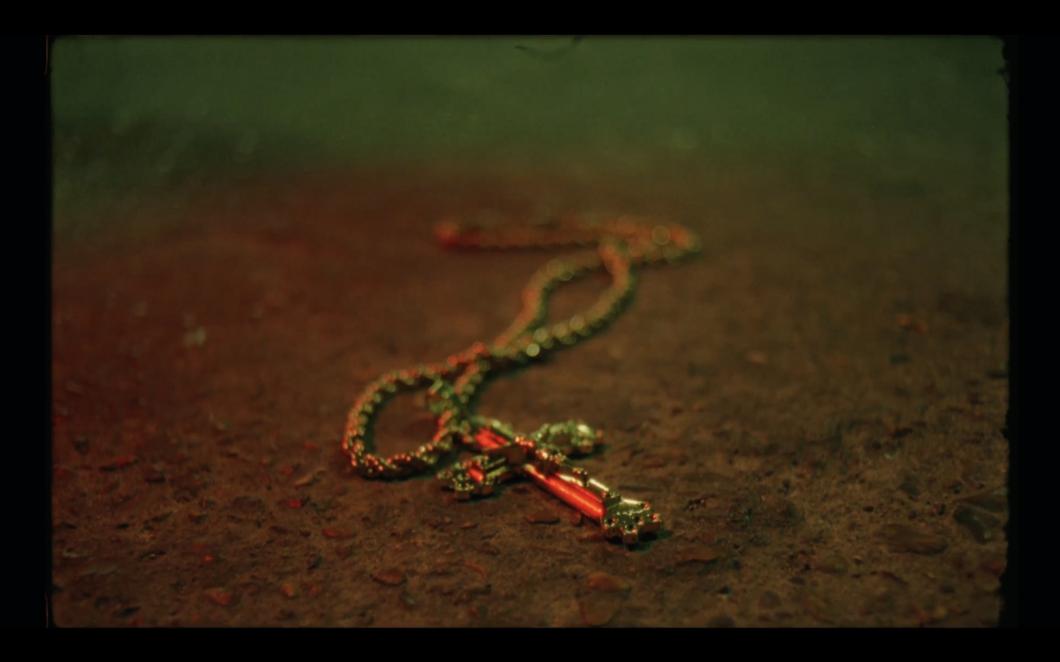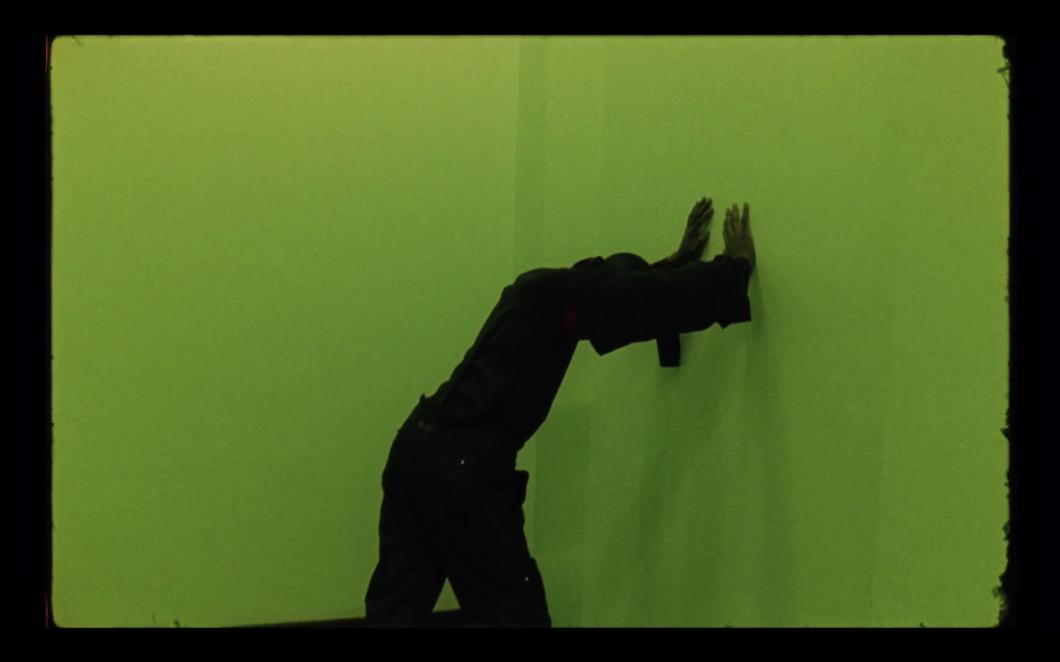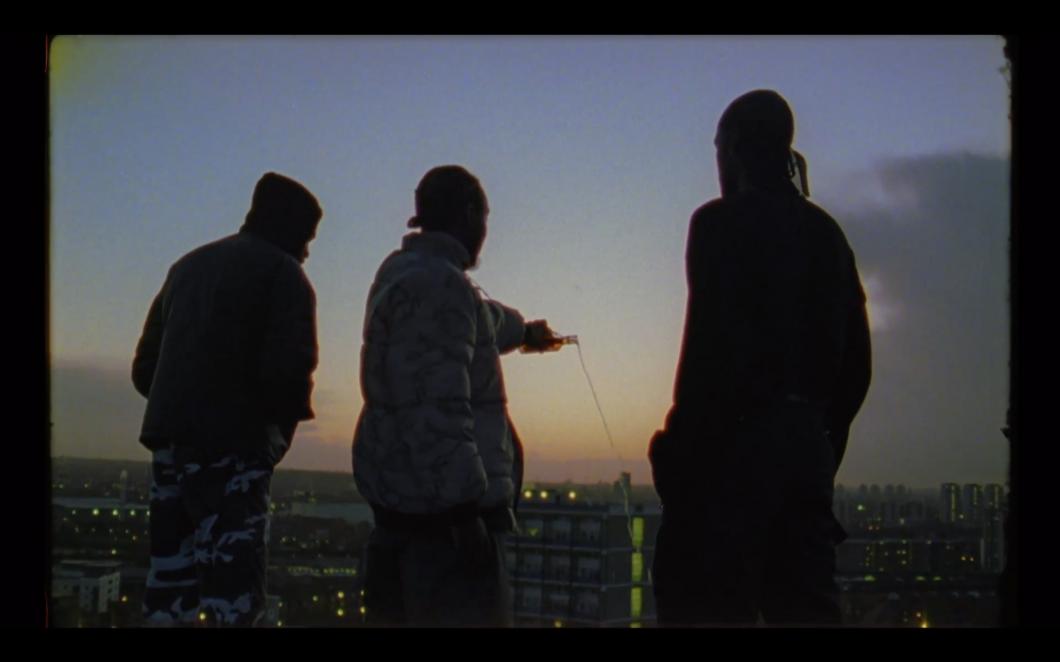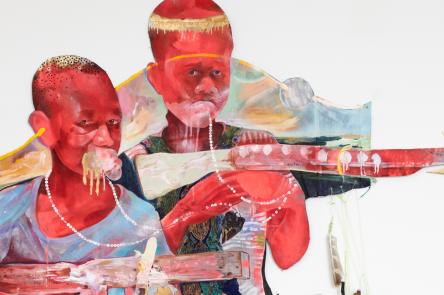What about ‘freedom’? One of the tricks of your poem, I think, is that sometimes ‘free’ or ‘freedom’ feels like a request, and sometimes it feels like a demand.
When I was writing this poem, I was really thinking about what freedom meant. I felt in Black British culture when people say, "free this or that person," it's speaking of two things. On a deeper level it's speaking about the systematic nature from school to prison and that pipeline, and we’re almost we’re accusing the system of failing people. When we say, "Free that person," we're not stupid, we know that this person most likely has done something ‘wrong’, but it's the conditions that have molded their situation. When I was a teacher, there were students of mine that, by the time they were 17, 18, they had been in prison. I remember doing parent's evening and their parents also lived a similar life to them. Do you know what I mean? And it's very difficult for them to break out of this almost systematic bondage, almost. In another respect, there's this glorification. If one of your friends is in prison, there's a sense of... not pride, but maybe pride. There's a sense of bragging rights, which is very interesting for me, because that's also a very tricky thing to consume and think about. Have we began to internalize prison as this badge of honor? Who has tricked us into seeing prison as this certificate of toughness or coolness? Do you know what I mean?
Completely.
Where has that come from? So I was trying to interrogate that, and also trying to interrogate the wider idea of freedom. In this day and age, who is really free? London is one of the most monitored cities in the world. How many of us are truly able to say that we are beyond the controlling arm of the government? And I also think about generational freedom as well. How many of us are enslaved to our traditions, like the traditions that are bad for us? How many of us are enslaved to the generational trauma that gets passed on from one generation to the other? We think that's some things that we do are normal, and some things that we do are just part of tradition and part of culture. But really, is that truly the case?
Wow there’s so much there.
But that's more of just a side note, an afterthought after writing the poem.
